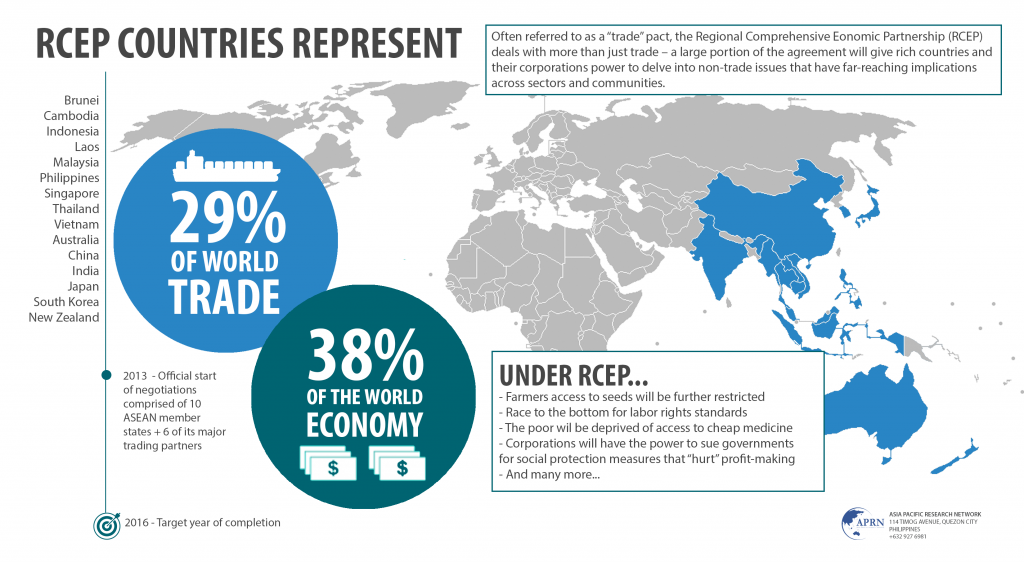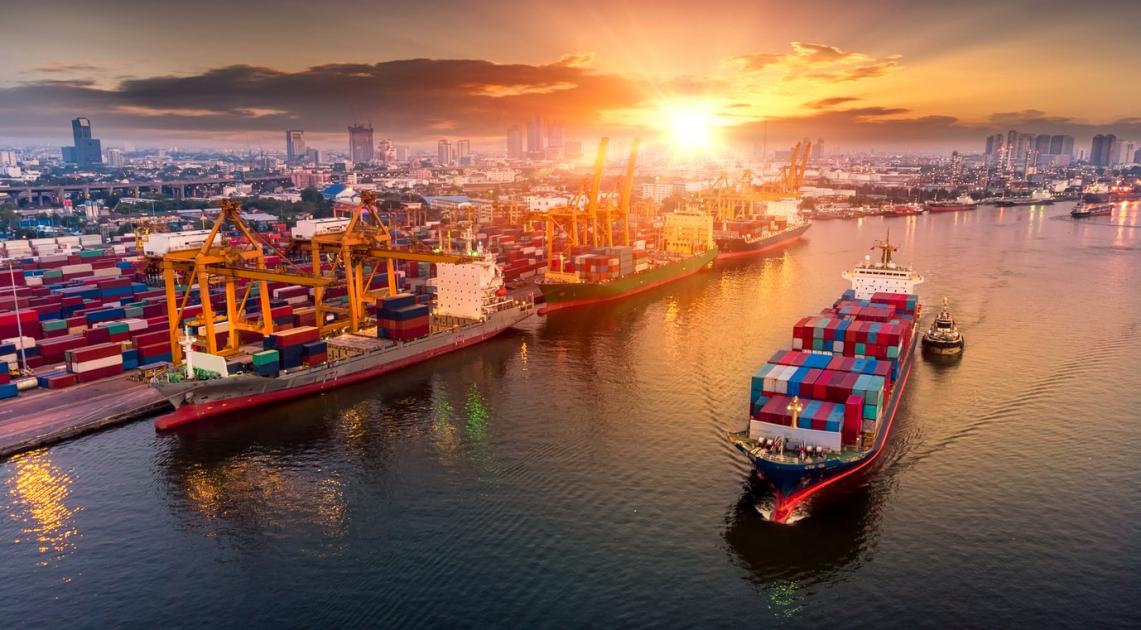Marking a significant regional milestone, it is hoped that the RCEP will help its 15 signatories recover from the economic fallout of the coronavirus pandemic.
As OBG outlined in July, the signing of RCEP represents a major vote of confidence in multilateralism. As the culmination of an eight-year negotiation process, it mandates for the creation of the world’s largest trading bloc.
The deal’s signatories – namely the 10 ASEAN members plus China, Australia, Japan, New Zealand and South Korea – together constitute 30% of the world’s population and just under 30% of its GDP.
The 510-page agreement should provide a substantial boost to trade in the region, lowering tariffs, standardising Customs procedures and improving regulatory harmony between its members. Its 20 chapters cover topics from digital procedures to financial services and intellectual property rules.
“The RCEP is expected to boost the region’s value chains and contribute to the development of all participating economies,” Doan Duy Khuong, chairman of the ASEAN Business Advisory Council 2020, told OBG earlier this year.
Designed to strengthen regional cooperation and widen market access, RCEP constitutes a rejection of the trend towards protectionism seen across the world in recent years, most notably in the US-China trade war.
While some less-developed countries still need to be brought up to speed – for example, Cambodia and Laos have been given several years to upgrade their Customs procedures – the agreement has been largely welcomed as an economic win-win for its members, with the US-based Peterson Institute for International Economics estimating that it could add 0.2% to their respective economies by 2030.
The deal is expected to take effect within two years, after ratification by the member countries.
RCEP, Covid-19 and China +1
Crucially, it is also hoped that the provisions in the agreement will enable signatories to combat the effects of Covid-19 more effectively, both individually and as a bloc.
“We acknowledge that the RCEP Agreement is critical for our region’s response to the Covid-19 pandemic and will play an important role in building the region’s resilience through an inclusive and sustainable post-pandemic economic recovery process.”
Joint Leaders’ Statement, released on the occasion of the signing.
A key element of this is related to supply chains: these were severely disrupted by the pandemic, leading countries around the world to recognise the merits of a more diversified approach. In line with this, many companies and government entities that had previously relied mainly on China have adopted a ‘China +1’ strategy, strengthening domestic capacity and setting up factory lines or identifying suppliers in other countries – while still maintaining interests in China.
RCEP could further facilitate this shift by making it easier to establish a production base in an ASEAN member state and export to the other 14 members of the new trading bloc.
Read the rest here
About the author
With some of the industry’s most experienced analysts conducting on-the-ground research throughout the year, OBG provides its global readership with the business intelligence they need to stay ahead.









